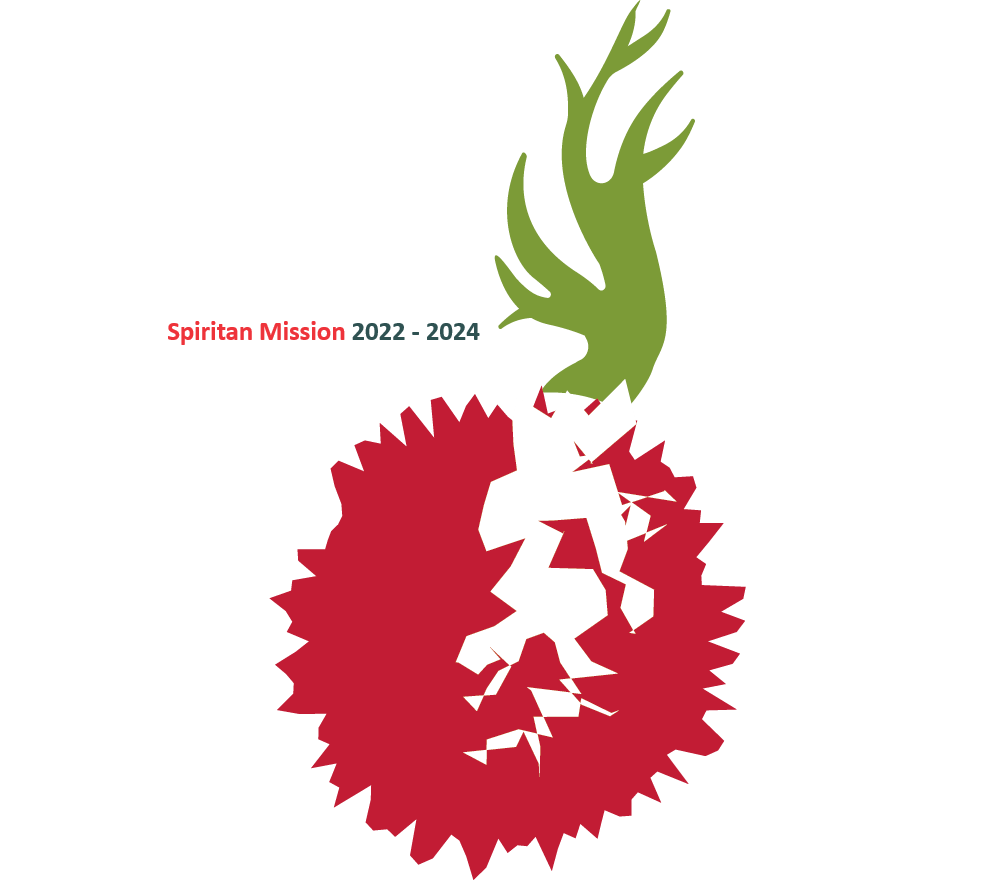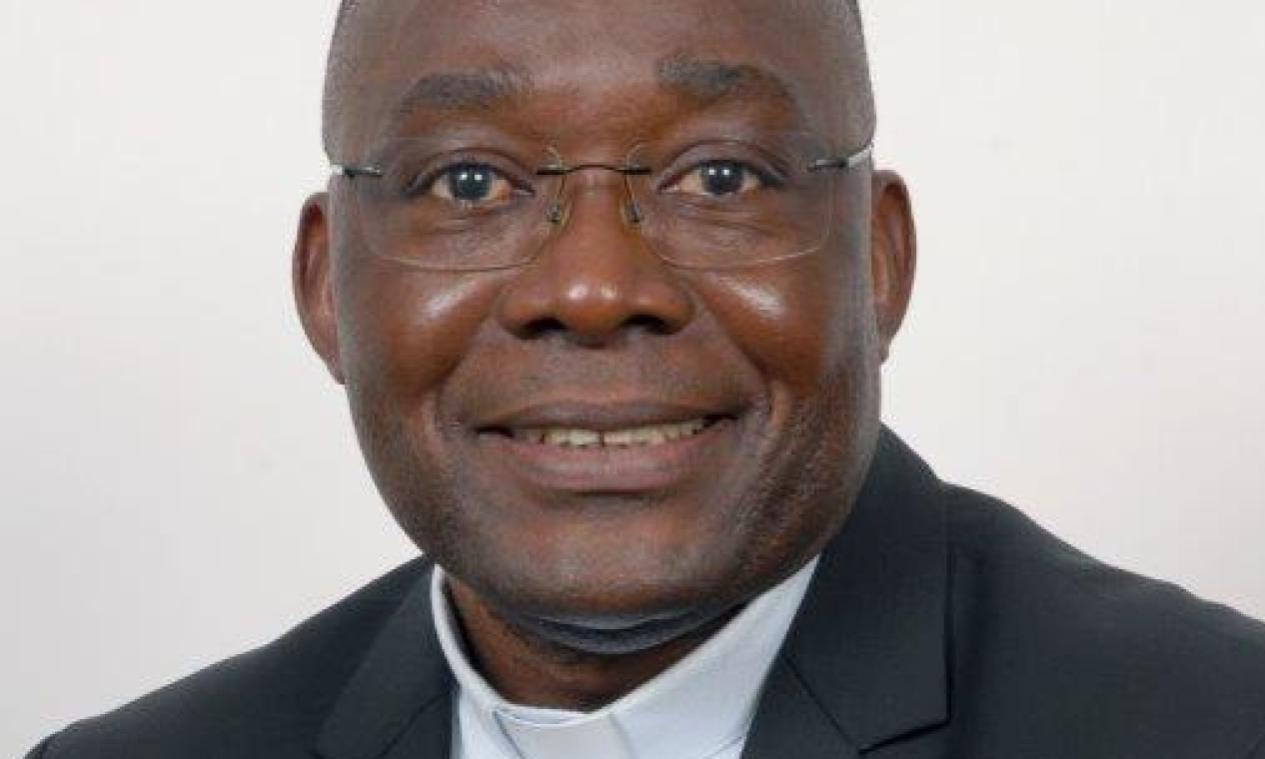First phase: Spiritan Mission
02 October 2022 – 02 October 2024
“To cling to the old ways, and to remain in the habits and spirit that prevailed then, is to render our efforts useless… Let us, therefore, embrace the new order with frankness and simplicity, and bring the spirit of the holy Gospel into it, and we shall sanctify the world, and the world shall cleave to us” (François-Marie Paul Libermann, N.D., X, 151).

Brothers and Sisters in the Spiritan Family,
Early August, the General Council sent out the electronic version of the documents of our General Chapter at Bagamoyo II, and hopefully each of you would have received it, and might also have had a chance to read it. The hardcopy of the same is on the way. With the publication of this document, the phase of implementing Bagamoyo II’s invitation to do ‘something new‘ in relation to our Spiritan identity has begun. Bagamoyo II has recognised that the new forms of poverty emerging in our world today call for new and creative ways of living the Gospel. It invites us to broaden our vision and take the necessary risks, consider new initiatives in the way we respond to the needs of the Spiritan mission today.
The Chapter insisted on a change of approach and style of mission, on the courage to abandon commitments that are not in conformity with our charism in favour of those that are more in conformity; in other words, “not to cling to missionary models that no longer correspond to the needs of the contemporary world.” (Letter of Superior General, Pentecost 2022). This call is addressed to each of us individually, to each community and to each circumscription. As announced in the Pentecost Letter, the General Council is proposing, beginning this 02 October 2022, a Congregation-wide process of animation between now and the next General Chapter with three axes: Mission, Spirituality and Intercultural Community Living.
From today, 02 October 2022 until 02 October 2024, we will reflect on and engage the question of our Spiritan Mission. Bagamoyo II calls us to further the Spiritan mission by responding concretely to the signs of the times in the light of our charism. The aim is for each circumscription of the Congregation to specify its missionary orientations in accordance with the decisions of Bagamoyo II. How do we think we can respond/live the Spiritan mission today, in fidelity to our charism?
In the first year (2022-2023) of this initial phase, the General Council proposes that we ask ourselves the following question: What are we doing/what have we done that is new? It is a question of assessing our missionary engagements, and based on the requirements of Spiritan mission today, point out the places and missions we could leave because they no longer respond to our charism.
In the second year (2023-2024), we suggest that we project ourselves into the future to foresee what new missions we would want to turn to: If the Congregation were to arrive in your place today, what mission would it choose to engage in?
We should be conscious of the fact that as a Congregation, we have moved away from the era of implantation/foundation of local churches to the phase of consolidation and collaboration. Hence, the question that is in our mind should be: What are we bringing that is unique, as Spiritans, to the local Church when taking up a mission? And how do we respond adequately to pressing mission situations, such as the new urban poor, migrants, refugees, prisoners and indigenous peoples, situations of injustice, threats to life and the environment? What is the special approach and commitments we are bringing to the Spiritan mission as we are called to live it today?
We are aware that many of you already live very busy schedules in your ministry, but the proposed plan of animation is not intended to add yet another burden to your already busy calendar. Rather, it is intended to commit each one of us, personally and collectively, to a process of conversion, to embrace the New in a Spirit of Participation and Listening, in order to arrive at a renewed common vision, especially with regard to Mission, Spirituality and an Intercultural Community Living. We are all called to participate actively in this process. The success of this phase depends on the fruit of personal conversion and necessary changes in the lifestyle of our communities.
Over the coming months, you will receive some materials to accompany you in this process – personal testimonies of individual confreres, lay associates and circumscriptions, suggestions for circumscriptions and community reflection and sharing, texts for possible liturgical celebrations…You too may have ideas and suggestions that you wish to share with us.
The plan the General Council is proposing is an invitation to put into action the call of Bagamoyo II to do “something new”. Our very future as a Congregation depends on this pilgrimage. May the Holy Spirit, through the intercession of the Immaculate Heart of Mary, guide us on this journey.
Fraternally in the Spirit,
Alain Mayama, C.S.Sp.
Superior General






